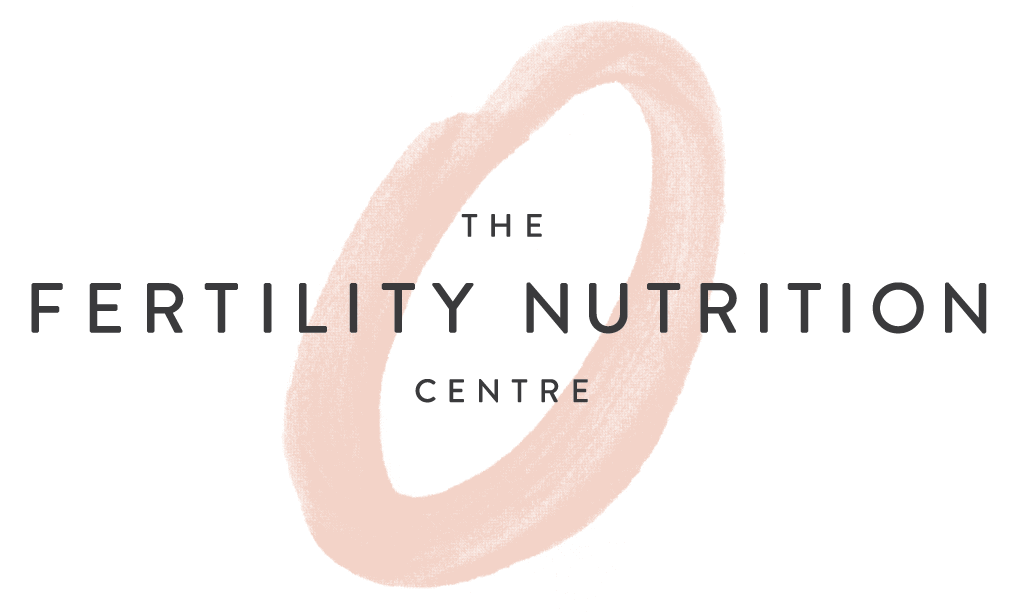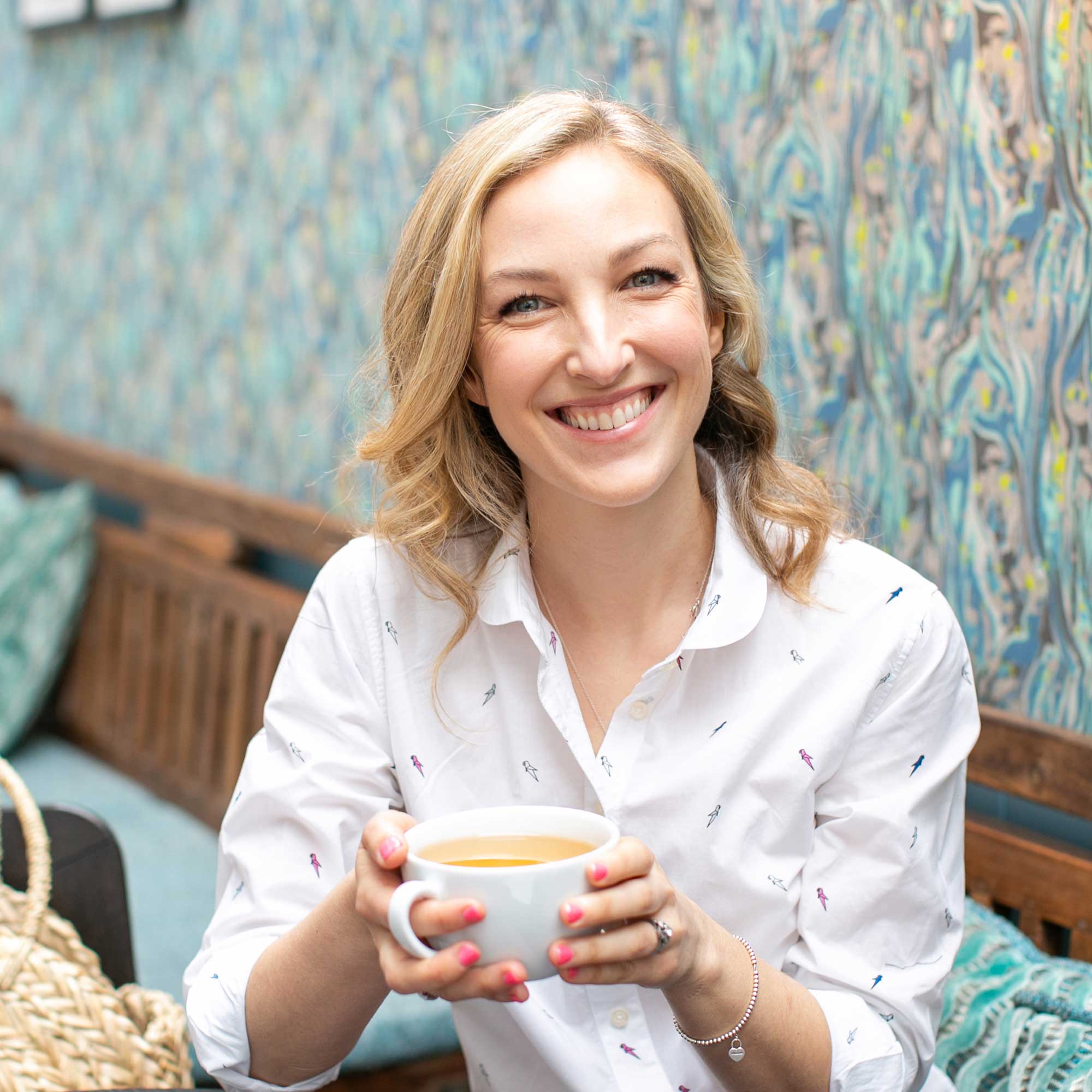
Zoe App Review: Is It Worth It? A Detailed Breakdown by Fertility Nutritionist Jen Walpole
We often get asked about the Zoe app – Is it worth the money? Should you sign up? Fertility Nutritionist Jen Walpole, a specialist in fertility support, has explored the app’s key features and compared them to alternative options. Here’s a detailed analysis and Zoe app review to help you decide if it’s the right fit for you.
1. Zoe Blood Glucose Monitor – Is It Necessary?
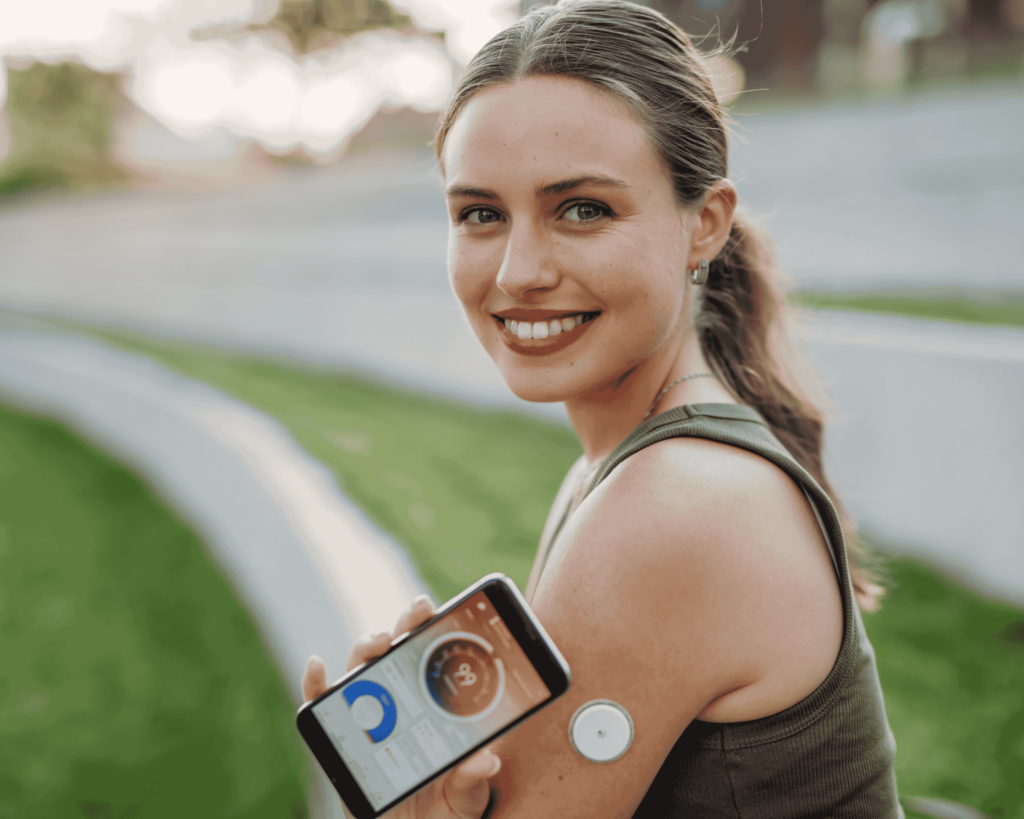
The Zoe app encourages blood glucose monitoring using a continuous glucose monitor (CGM). While this can be beneficial, you don’t need the Zoe app to get started. For example, the Freestyle Libre offers a free 2-week trial, and their monitors cost around £50 for two weeks.
However, Jen points out that you can track your blood glucose without expensive tools. Pay attention to how you feel after meals, are you tired, sluggish, or craving sugar? These are signs of possible blood sugar imbalances. Instead of relying on a monitor, focus on balancing your meals with protein, healthy fats, and fibre, avoiding the typical carb-heavy Western diet.
Example of a balanced meal:
- Breakfast: Eggs, smoked salmon, seeds, and greens.
- Lunch: 3-bean chilli with brown rice for plant-based protein and slow-releasing energy.
- Dinner: Wild salmon with chickpeas, red pepper, sweet potatoes, and a lemon tahini dressing for omega-3s, fibre, and antioxidants.
2. Zoe Gut Health Test – Is It Worth It?

Gut health is critical, and while the Zoe app offers a microbiome test starting at £120, there are more comprehensive options available. Working 1:1 with a fertility practitioner allows for deeper insights into your gut health. A more detailed gut health test, including vaginal microbiome testing (particularly important for fertility), might be more beneficial.
With personalised testing, you gain a fuller understanding of your digestive and overall health, from mouth to colon, which a simple microbiome test may overlook.
3. Zoe Blood Fat Testing – Are There Alternatives?
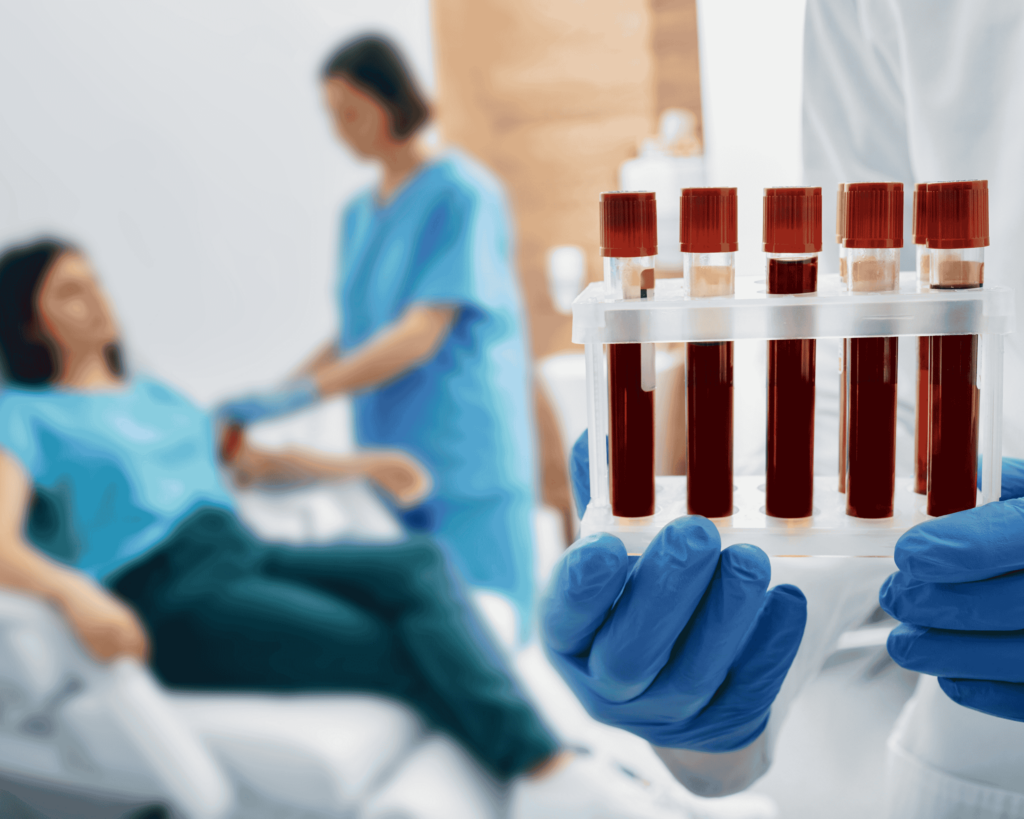
Zoe’s blood fat testing can be done through your GP for free. Jen emphasises that blood fat testing alone doesn’t provide a full picture of your health. Factors such as liver function and blood sugar balance are crucial. A fertility nutritionist can guide you through which tests to request from your GP or suggest functional fertility tests to address your unique concerns.
4. Zoe’s ‘Personalised Programme and Coaching’ – Is It Really Personal?

While Zoe advertises a ‘personalised programme’, true personalisation only happens in a 1:1 setting. Jen and all the fertility nutritionists at The Fertility Nutrition Centre have undergone extensive training to ensure you receive a high standard of care. When you work with us, your plan is tailored to your specific fertility and health needs – unlike Zoe’s generalised approach.
5. Meal Scores – Are They Sustainable Long-Term?
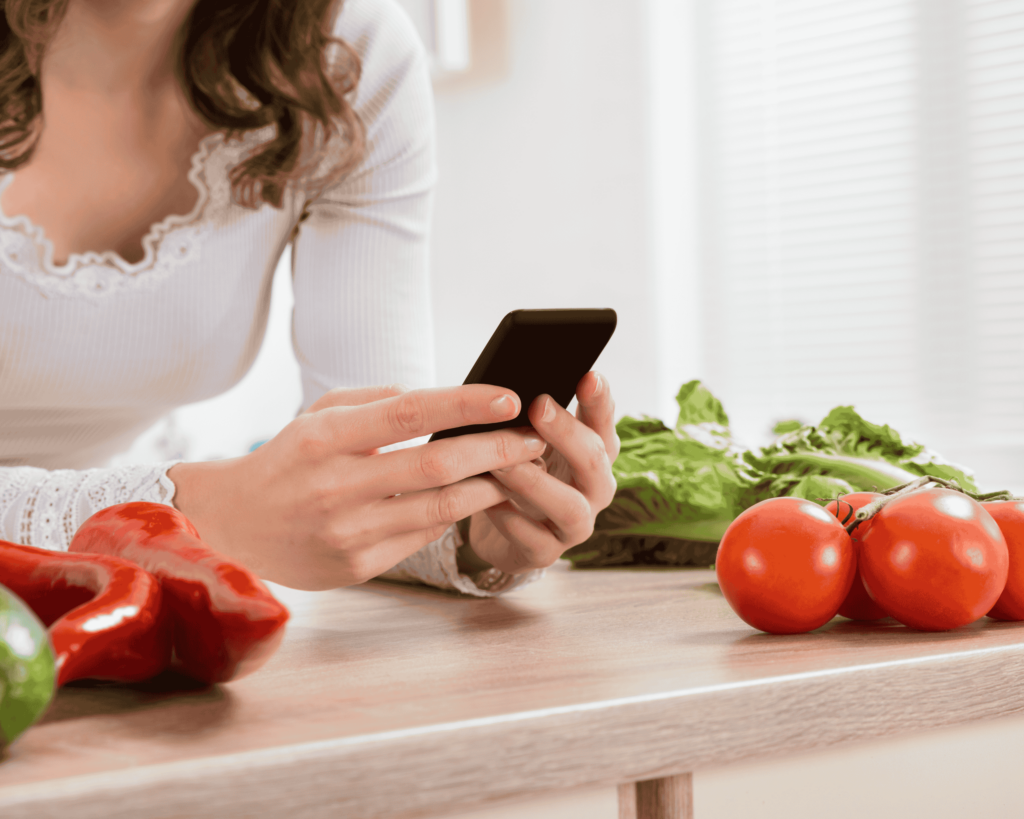
Zoe scores every meal, similar to calorie counting. Jen’s approach, especially for fertility clients, focuses on joyful nourishment rather than tracking every bite. Fertility is stressful enough without the pressure of meal scores. By working 1:1 with a fertility nutritionist, you learn to make healthier choices without the burden of constant tracking.
6. Zoe’s Costs – Is It Worth the Price Tag?
The Zoe app membership prices are steep:
- £599.87 for 12 months
- £459.95 for 4 months
- £59.99 per month + £299.99 for a test kit
Jen’s personalised approach often results in more affordable testing, with the added benefit of expert guidance to interpret your results and suggest next steps tailored specifically to you.
7. Zoe Shot – A Health Booster?
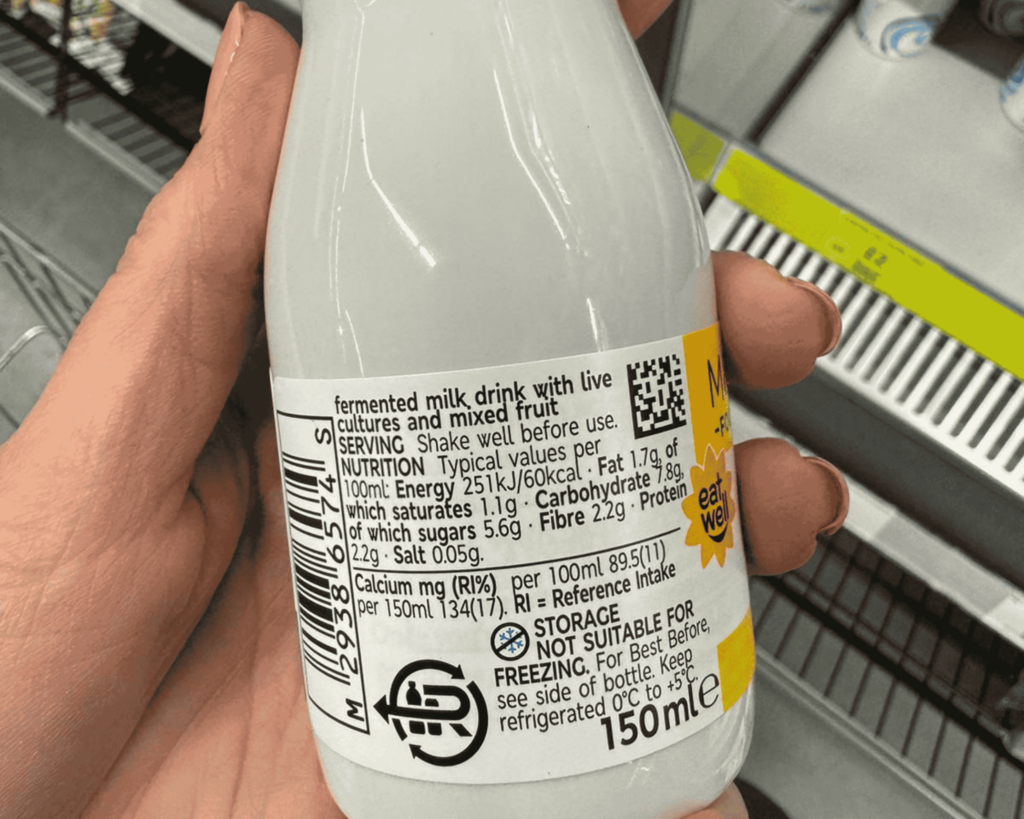
The Zoe shot is marketed as a gut-friendly fermented drink, but with two teaspoons of sugar per shot, it’s not exactly the healthiest choice for your microbiome. Instead of relying on expensive products, you can introduce prebiotic and probiotic foods like garlic, onions, kefir, and yoghurt into your diet for a more natural, nutrient-packed solution.
8. Zoe Cookies – Testing Your Metabolism
Zoe uses cookies as part of a metabolism challenge, but Jen points out that basing your health analysis on a high-fat, high-sugar cookie doesn’t provide comprehensive insights. Fertility nutritionists use continuous glucose monitoring and a more nuanced approach to test how different foods affect your body, helping to uncover what truly works for you.
Final Thoughts – Is Zoe Right for You?
While the Zoe app provides some useful insights, it falls short in offering the personalised care and comprehensive testing that you receive when working 1:1 with a fertility nutritionist. Jen and the rest of our team offer tailored nutrition and lifestyle support, guiding you through tests that are truly relevant to your health and fertility journey.
If you’re considering the Zoe app but want more personalised advice and care, reach out to Jen Walpole for a consultation. She will help you uncover the root causes of your fertility and health challenges with expert guidance every step of the way.
This blog post is written by Jen Walpole, a BANT Registered Nutritional Therapist specialising in fertility and IVF nutrition. Jen’s personal experience with hormonal imbalances and PCOS led her to study Nutritional Therapy. After successfully starting her own family through IVF, she is passionate about supporting others on their fertility journey. Jen offers personalised nutrition and lifestyle guidance, focusing on optimising IVF outcomes and achieving a healthy pregnancy.
Listen to: Getting the most out of fertility treatment with Jennifer Walpole
Follow: Jen on Instagram here
Discover: Jen’s website here
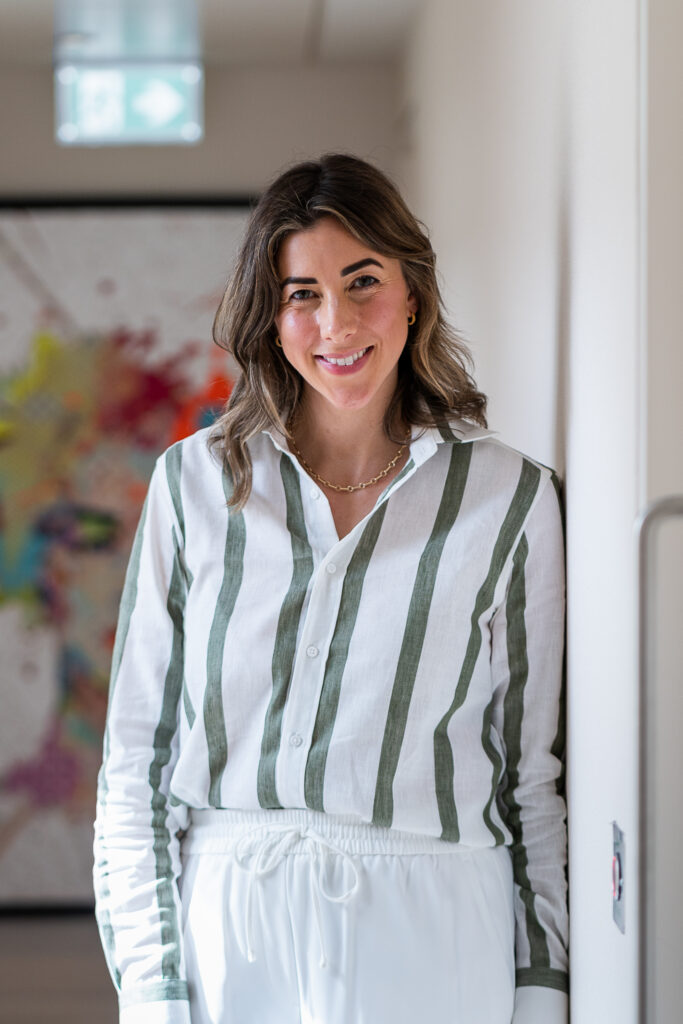
Don’t forget to follow our Instagram page for more fertility nutrition tips from our team of certified practitioners.
Or click here, and head to our directory to book a free introductory chat with a team member.
